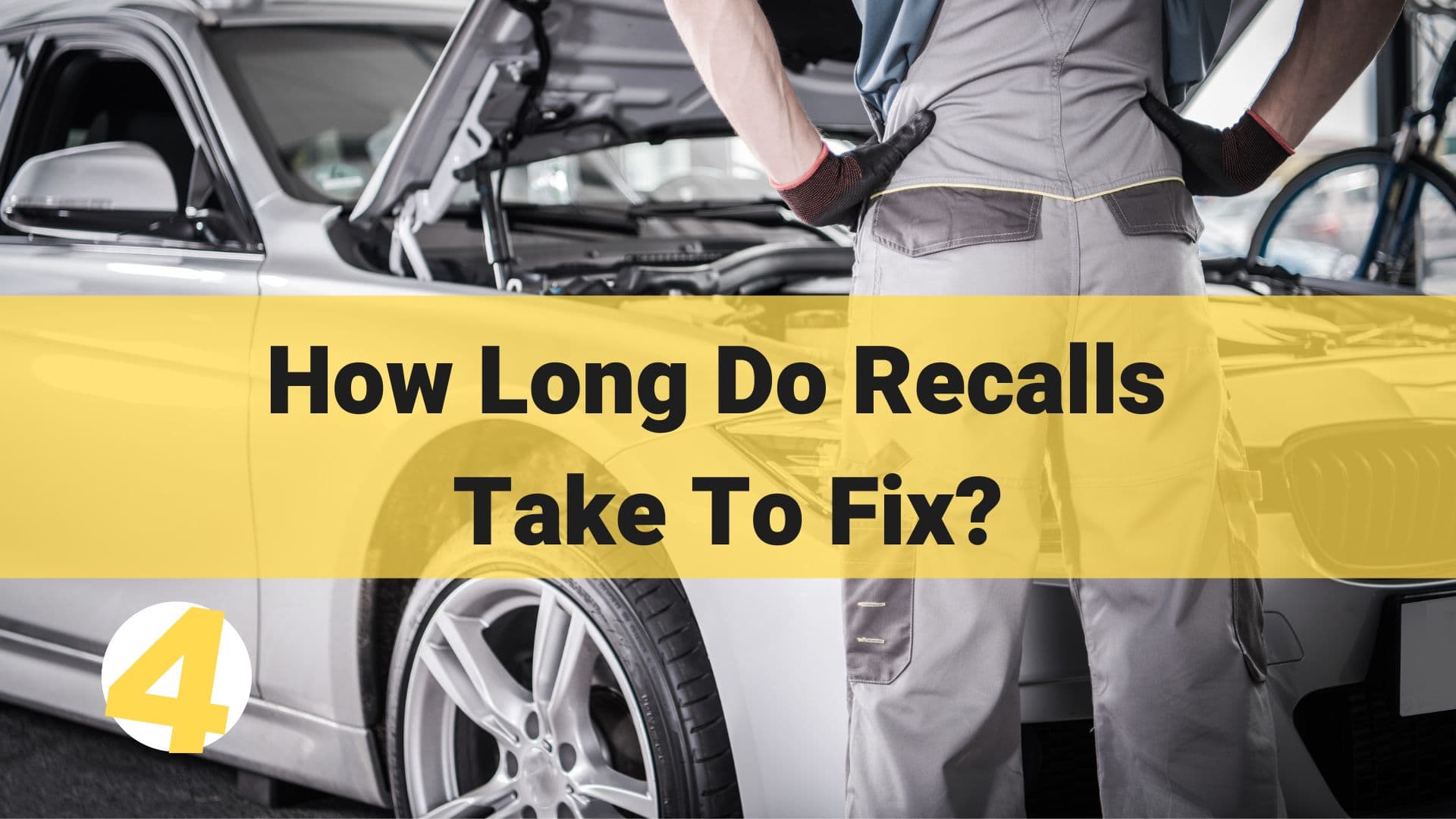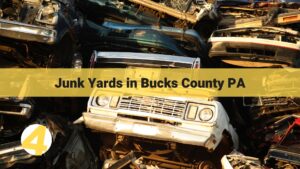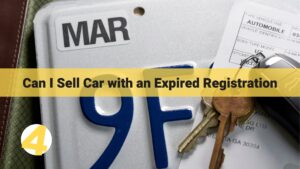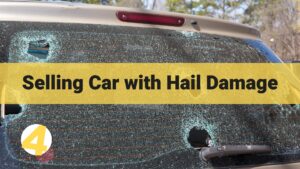The duration of car recall repairs varies, ranging from minutes for simple fixes to several months for complex issues. It can also take more than a decade, like what happened with the Takata airbag recall.
Learn more about how long do recalls take to fix and the factors influencing this timeline in this guide.
Factors Affecting the Duration of Recall Repairs
The duration of a car recall repair varies depending on several factors. These include the following:
Complexity of the Issue
The nature of the recall significantly affects repair time. Simple fixes, like software updates, can be completed in minutes, similar to updating a phone or computer. More complex recalls, such as those involving significant part replacements, may take weeks to several months.
Availability of Replacement Parts
The supply of necessary parts plays a crucial role. If parts are scarce, this can delay the repair process, sometimes significantly. Automakers might issue recall notices even before replacement parts are available, which adds to the delay.
It’s important to note, however, that safety recall repairs are mandated by federal law to be done free of charge, regardless of part availability.
Dealership Scheduling and Workload
The repair time is also influenced by how busy the dealership is and its capacity to handle repairs. If many vehicles are queued for recall repairs, and the dealership lacks adequate resources or personnel, this can lead to further delays. Shortages in recall-specific parts can also contribute to these delays.
Types of Repairs
- Minor Repairs: These include software updates and small part replacements. In these instances, recall repair can be relatively quick. It can take a few minutes to a couple of weeks, depending on the service center’s workload and part availability.
- Moderate Repairs: These include component replacements and system adjustments. Repairs may take from a few hours to a few days. Again, this can extend if parts are not readily available or if the dealership is particularly busy.
- Major Repairs: These involve extensive work on the vehicle or system overhauls. Repairs can take days or weeks. In exceptional cases where the defect cannot be repaired, an automaker might replace or even buy back the entire vehicle.
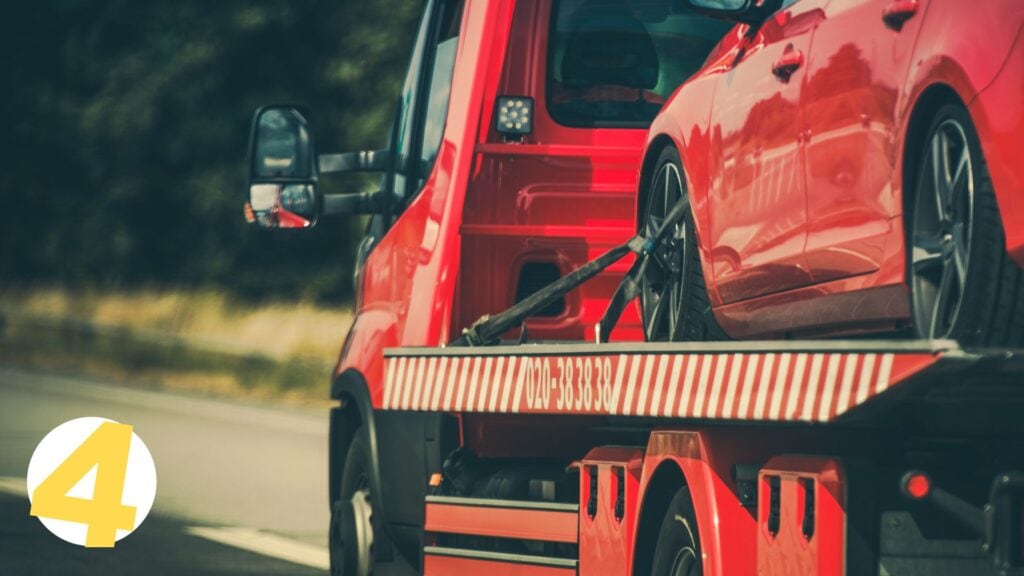
Case Study: Slowest Recall Fix in the Automotive History
A notable example of a lengthy recall process is the Takata airbag recall. This is one of the largest in automotive history and was initiated due to defective airbag inflators that could explode and send shrapnel into the cabin. Triggered by long-term exposure to high heat and humidity, these faulty inflators led to numerous injuries and fatalities.
The recall affected 55 million vehicles across various brands worldwide. It began in the early 2000s and continued for over a decade. This recall involved major manufacturers like Ford and Honda. Between 2013 and 2014, 20 million vehicles were recalled, followed by another 35 million in 2016.
It required extensive efforts to replace the hazardous inflators, highlighting the critical importance of automotive safety standards and the far-reaching impact of such defects.
Definition and Importance of Vehicle Recalls
Vehicle recalls are serious matters. They happen when either a manufacturer or the National Highway Traffic Safety Administration (NHTSA) finds that a vehicle, equipment, car seat, or tire poses an unreasonable safety risk or doesn’t meet safety standards.
Manufacturers themselves initiate most recalls before the NHTSA steps in. When a recall is issued, manufacturers must fix the problem by repairing, replacing, offering a refund, or sometimes repurchasing the vehicle.
Common Causes for Vehicle Recalls
There are many reasons why vehicles get recalled. Common issues include faulty seat belts, brakes, electrical components, tires, door latches, fuel pumps, ignition switches, airbags, accelerators, windows, and windshield wipers.
Steering system problems are also a frequent cause. Each of these parts is critical to vehicle safety and performance; any defect can lead to a recall.
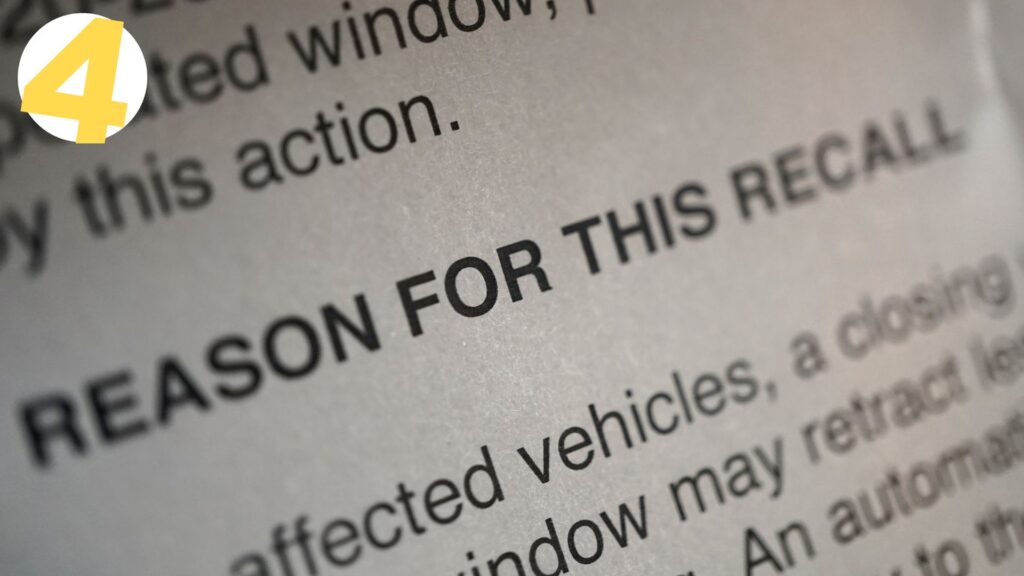
Impact of Recalls on Vehicle Owners and Manufacturers
Recalls have a broad impact, affecting everyone from manufacturers to vehicle owners and fleet managers. Recalls can be incredibly disruptive for businesses, especially those with company-provided vehicle programs.
When recalled, fleet vehicles can halt operations, leading to financial strain, customer dissatisfaction, and logistical challenges. The ripple effects include financial burdens from repairs or replacements, damage to brand reputation due to safety concerns, operational disruptions, compliance issues, and strained supplier relationships.
Moreover, recalls can severely impact customer satisfaction, which can cause negative reviews and loss of trust if the recall inconveniences customers.
How Recalls Are Identified and Announced
Vehicle recalls usually start with either the manufacturer or the NHTSA identifying a safety defect. Manufacturers conduct safety tests and studies, where defects are often discovered. They might also learn about issues from owner reports or crash tests by NHTSA or other organizations.
Once a defect is identified, the automaker must notify NHTSA, even if they don’t yet know the cause or fix. This requirement is to ensure vehicle safety and prevent accidents.
Steps Involved in the Recall Process
The recall process involves several steps:
- Reporting: Complaints from vehicle owners are added to a public NHTSA database.
- Investigation: NHTSA reviews complaints and other defect-related information. They may conduct an analysis of petitions calling for defect investigations.
- Decision: If a safety defect is confirmed, NHTSA may recommend a recall. The manufacturer is then informed.
- Recall Management: NHTSA monitors the recall’s effectiveness and management, including communication with vehicle owners and tracking the recall completion rate.
Roles of Manufacturers and Dealerships in Recalls
Manufacturers and dealerships play vital roles in recalls. Manufacturers are responsible for identifying defects and notifying NHTSA. They must also develop a fix and provide necessary parts to dealerships.
Dealerships, on the other hand, are the front line for customer interaction. They reconnect with customers, build trust, and manage the logistics of recall repairs. This includes scheduling, providing information, and handling the actual repair work.
Dealerships must be equipped to handle customer inquiries and have the right processes in place to ensure smooth operations. Proactive communication with customers using technology and VIN reports can help streamline the process and improve customer experience.
The Role of Vehicle Owners in Recalls
Vehicle owners play a crucial role during recalls. Once notified of a recall, it’s their responsibility to act. The manufacturer must inform owners about the recall risks, specifying the issue, repair time, and who can resolve it.
Owners of vehicles not more than ten years old during the recall are entitled to free repairs. If the vehicle is older than ten years, it’s recommended, though not free, for safety reasons. If a dealership fails to fix the recall issue, the manufacturer should be alerted immediately.
How to Stay Informed About Recalls
Staying informed about recalls involves a few steps:
- Locate your 17-character Vehicle Identification Number (VIN).
- Search for recalls using your VIN at the NHTSA page for recalls.
- If there’s an open recall, get your vehicle repaired for free at a dealership.
- The NHTSA SaferCar app can notify you about recalls related to your vehicle, and signing up for recall alerts is another way to stay informed.
Collaborating with Dealerships and Repair Centers for Recall Fixes
Collaborating with dealerships is vital for a smooth recall repair process. Dealerships balance customer satisfaction and operational challenges during recalls. They aim to fix recalls promptly while managing customer expectations.
When a quick repair isn’t possible, dealers may provide loaner cars or complimentary rental vehicles. Automakers notify customers and dealers of recalls via mail, email, and other media. For minor issues, communication might not be as diligent, but overall, the goal is to keep customers informed and address recalls efficiently.
FAQs – How Long Do Recalls Take To Fix
What if a Recall Can’t be Fixed?
In cases where a recall can’t be fixed, or if the repair doesn’t solve the problem, vehicle owners have a few options:
- Request a rental car from the local dealership, especially if the recall work is delayed.
- Consider taking the vehicle to another facility if the local dealership is overwhelmed.
- Follow any safety tips provided in the recall notice if you must continue driving the vehicle.
In situations where the recall repair fails or causes more problems, you may need to contact the manufacturer for resolution. If necessary, pursuing legal action is an option, especially if there are injuries or property damage caused by the defect.
How Do You Know if a Recall Has Been Fixed?
To determine if a recall has been fixed, vehicle owners can use the NHTSA’s search tool. By entering the Vehicle Identification Number (VIN) on the NHTSA website, owners can find out if their vehicle has been repaired as part of a safety recall in the last 15 years. This tool provides an easy way to verify the recall status of a vehicle.
Can a Recall be Fixed Twice?
It’s generally understood that if a recall repair fails or doesn’t resolve the issue, the manufacturer is responsible for providing a solution. This could involve repairing the defect again or taking other corrective measures.
In cases where the manufacturer fails to resolve the issue satisfactorily, legal recourse may be necessary, especially if the defect leads to injuries or additional property damage.
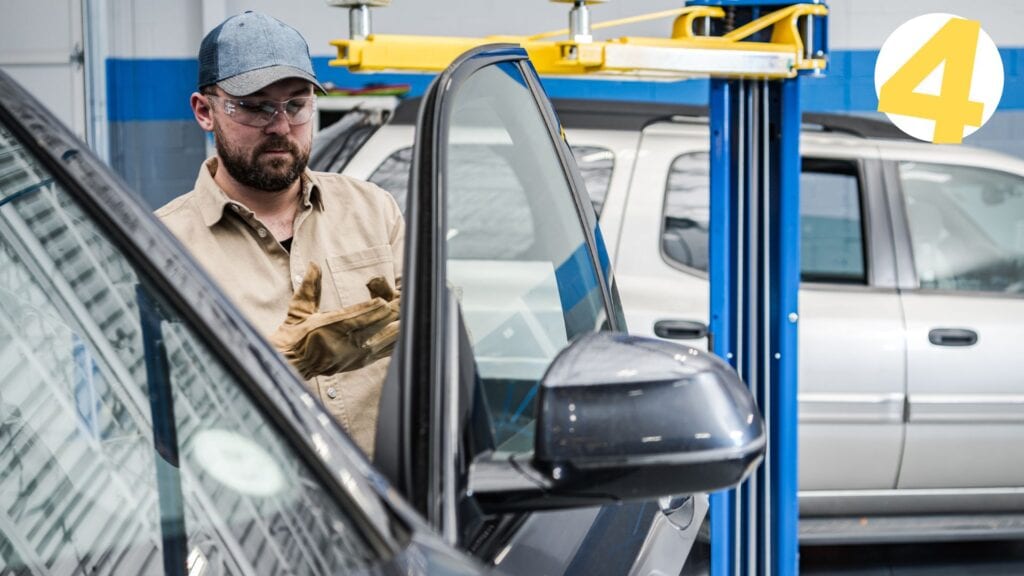
Sell Your Troubled Cars at Cash4Cars
Different vehicle problems require varying solutions. If you’re situated in Philly and surrounding areas and are grappling with the hassles of problematic vehicles, Cash4Cars offers a convenient and efficient solution, especially when you’ve decided to junk your car. With our commitment to free pickup and top-dollar offers, we eliminate the stress typically associated with junk car towing and selling.
Our expert team prioritizes customer service and ensures a smooth, hassle-free experience in selling your junk cars for cash, regardless of their make, problems, and condition. If you’re seeking a quick, rewarding way to sell your junk car, call us now. Experience the breeze of our service, definitely shorter than how long recalls take to fix.

